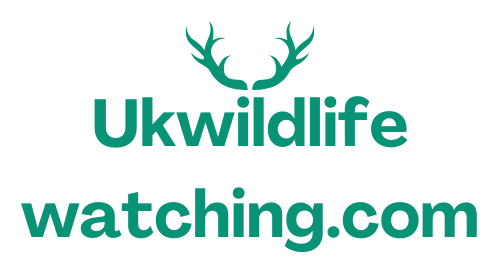Introduction: A Planet in Peril
Wildlife Conservation Society: Imagine a world where tigers no longer roam the jungles, elephants disappear from the savannah, and coral reefs turn into lifeless graveyards. Sadly, this isn’t science fiction—it’s our reality. According to the United Nations, more than 1 million species are at risk of extinction, many of which will go extinct within decades.
But there is hope.
For more than 125 years, the Wildlife Conservation Society (WCS) has been on the front lines, protecting wildlife and wild places. From the Amazon rainforest to the African savanna, WCS combines cutting-edge science, policy change, and community action to save species on the brink.
The best part? You can be part of the solution. In this article, we’ll explore WCS’s most important conservation projects, the animals they’re fighting for, and how your support — whether through donations, sustainable shopping, or responsible travel — can make a real difference.
Who is the Wildlife Conservation Society (WCS)?
Founded in 1895, WCS began as the New York Zoological Society with a bold mission: saving wildlife and wild places around the world. Today, they work in more than 60 countries, running conservation programs that protect more than 50% of the world’s biodiversity.
Key accomplishments:
✔ Improved tiger population — WCS helped increase the number of wild tigers in Nepal and India.
✔ Protecting elephants – Their anti-poaching technology has reduced ivory smuggling in Africa.
✔ Marine conservation – WCS protects coral reefs, sharks and sea turtles from overfishing.
WCS doesn’t just study animals – they take action too. By working with governments, local communities and scientists, they turn research into real-world solutions.
5 Endangered Species WCS is Fighting to Save
- Tigers – The Last Roar of the Jungle
Threats: Poaching, habitat loss, human-wildlife conflict.
WCS Actions:
Deploying camera traps and AI to track tiger populations.
Training rangers to combat poaching in India and Southeast Asia.
How you can help: Support WCS’s “Tigers Forever” program .
- Elephants – giants on the brink
Threats: ivory trade, deforestation, human encroachment.
WCS Action:
Using drones and DNA tracking to deter poachers.
Creating wildlife corridors to protect migration routes.
How you can help: Buy ivory-free products .
- Sea turtles – survivors of the plastic crisis
Threats: plastic pollution, beach destruction, bycatch.
WCS Action:
Protecting nesting beaches in Belize and Indonesia.
Promote plastic-free alternatives .
How you can help: Switch to reusable straws and bags .
- Gorillas – gentle giants of the forest
Threats: deforestation, illegal pet trade, diseases.
WCS Action:
Partnering with local people to reduce logging in the Congo Basin.
Funding veterinary care for injured gorillas.
How you can help: Book an eco-tourism trip .
- Pangolins – the most trafficked mammal on Earth
Threats: Illegal wildlife trade (scales used in traditional medicine).
WCS Action:
Working with law enforcement to bust trafficking gangs.
Raising global awareness through campaigns.
How you can help: Donate to WCS’s Pangolin Rescue Fund
How WCS is making a real difference
- Science and technology
WCS uses satellite tracking, AI, and genetic research to study endangered species and stop poachers before they strike. - Community-based conservation
They train local people as wildlife rangers and provide alternative livelihoods (such as eco-tourism) to reduce poaching. - Policy and global advocacy
WCS pushes for stronger wildlife laws, including bans on ivory and shark fins.
How you can help save wildlife
You don’t need to be a scientist to make an impact. Here’s how:
- Donate to WCS
Even $5 helps fund rangers, research, and rescue missions. - Shop sustainably (every purchase counts)
Bamboo toothbrushes
Reusable water bottles
Wildlife-friendly coffee
- Travel responsibly
Book eco-tours that raise funds for conservation .
- Spread the word
Share this article! Awareness drives change.
Conclusion: The future is in our hands
The Wildlife Conservation Society proves that extinction is not inevitable. With science, passion, and global collaboration, we can rewrite the fate of endangered species.
Will you join this fight?
Donate to WCS today.
Switch to eco-friendly products.
Choose ethical travel.
